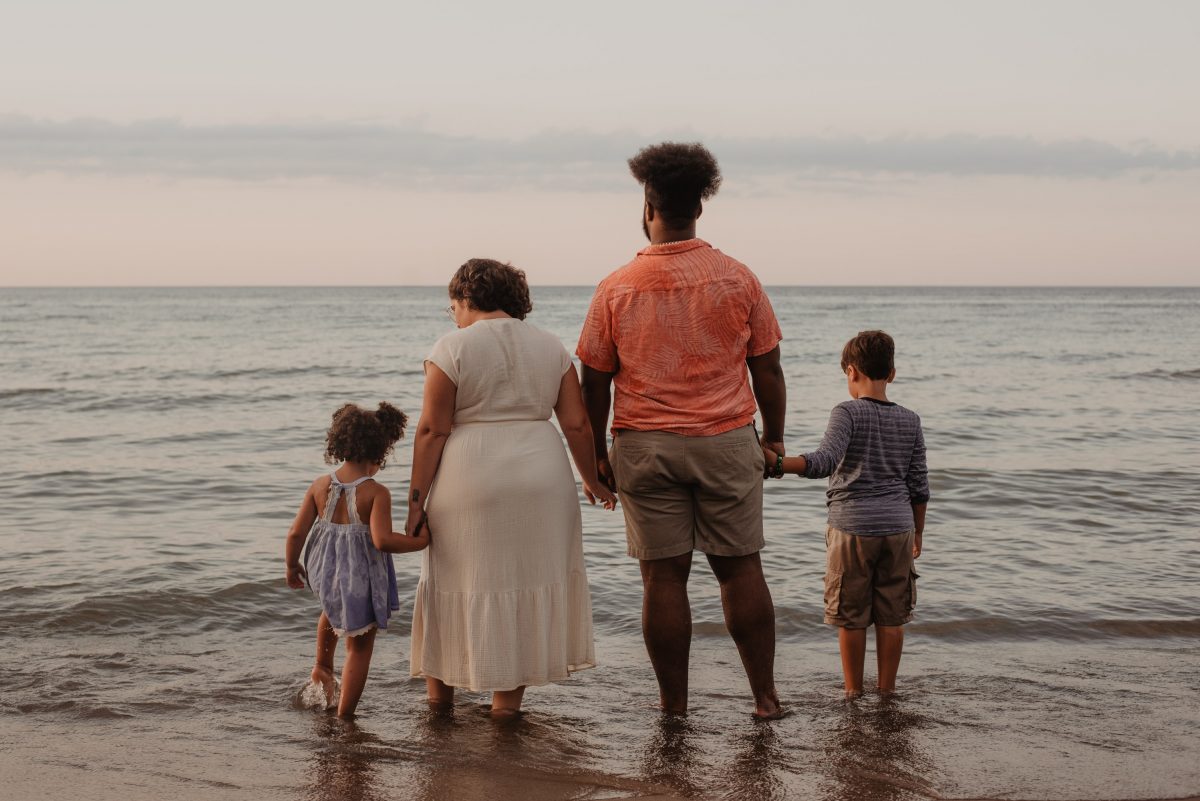What Works for Children’s Social Care (WWCSC) is pleased to announce details of the seven projects that will receive a total of nearly £2 million to help improve outcomes for children and families and build an evidence base in children’s social care.
The seven projects, which between them will receive close to £2 million in funding over the next eighteen months, each will be independently evaluated to help us learn what works to improve outcomes for young people and their families, as part of WWCSC’s mission to ensure that social workers and local authorities are armed with the best possible evidence to support their practice.
The projects, announced today, are:
- Lighthouse Parenting Programme, Bath and North East Somerset Council and Oxford Health NHS Foundation Trust – Working therapeutically with parents whose children are at risk of maltreatment to improve outcomes for families with children on a child protection plan or in pre-proceedings. Parents will undertake group and individual sessions adapted from the Mentalisation Based Treatment (MBT) model.
- Creative Life Story Work, Blue Cabin – Improving Life Story Work for care experienced children and young people by implementing a new creative approach that consists of group work sessions facilitated by artists, 1:1 direct work with social workers and therapeutic life story work. After a successful launch in South Tyneside this is now rolled out to two new local authorities – Darlington and Gateshead.
- Prevent-Protect-Repair, London Borough of Lewisham – Building the skills, confidence and capacity of children’s social care teams to work with families affected by domestic abuse that are on child protection plans. This includes raising awareness for domestic abuse, expanding training for social workers in key interventions, developing a best-practice toolkit and increasing access to specialist therapeutic support.
- Creative Mentoring, The Mighty Creatives – Enabling personal development and upholding education engagement by providing one-to-one Creative Mentoring to children and young people in care as well as care leavers. Mentoring will take place at home, school or social care settings across 8 Local Authorities.
- Putting Kitbag to Work, University of Sussex & International Futures Forum – Equipping social workers and carers with Kitbag – a toolkit previously trialled in schools – to promote socially and emotionally literate relationships between children, professionals and carers. The kit contains prompt cards (e.g. feelings card or presence card), timers, a talking stick, puppets, visualisation exercise, and calming oils and will be used in interactions with children and families.
- No Recourse Early Action Model (NOREAM), University of Wolverhampton – Providing earlier and bespoke support to children and families with No Recourse to Public Funds who currently do not meet the threshold for Section 17 of the Children Act. This new model of practice based on multi-agency support will be first rolled-out in Hackney Borough Council.
- We Can Talk About Domestic Abuse, Wirral MBC – Improving understanding, communication and experience between professionals and people affected by domestic abuse. Subject matter experts that have lived-experience of domestic abuse and social care will work alongside social workers and families to facilitate the process.
The projects, funded under WWCSC’s first open funding call, were selected following a competitive assessment process, from more than 50 applicants. Several of these projects address issues highlighted by the sector during WWCSC’s priority setting, such as domestic abuse, support for children who have experienced trauma or transitions.
Alongside funding the delivery of each of these projects, WWCSC will also fund independent evaluators, who will work with local authorities and other delivery partners to help establish the conditions that are needed for success; understand the way that programmes are implemented; how social workers and families react to them; and to attempt to establish robust evidence of the impacts of interventions.
Becky Hare, Head of Service for Family Support and Safeguarding, London Borough of Lewisham:
‘We are delighted to have been successful in our bid to the WWCSC. At Lewisham we are committed to addressing the serious impact that domestic abuse can have on children and families, and this funding will allow us to pilot an innovative new ‘Prevent-Protect-Repair’ approach to domestic abuse within Children’s Social Care. We are really excited to have this opportunity to strengthen the way our workforce identifies abuse in all its forms, understands the impacts on children and families, and provides interventions in a trauma-informed and supportive way.’
Gerry Byrne, Oxford Health’s Head of Attachment and Perinatal Services, and Councillor Kevin Guy, cabinet member for Children’s Services at Bath & North East Somerset Council, said:
“This is a really exciting collaboration between Bath and North East Somerset Council and Oxford Health NHS Foundation Trust CAMHS services and we are hugely grateful to WWCSC for their support.
“We are really pleased to receive the funding that we need to run what we believe is a hugely positive and beneficial programme for families. We feel privileged to be able to contribute to the development of more effective support to help improve children and young people’s life chances.
“The money comes at a crucial time with Covid-19 bringing extra challenges to the delivery of services and we are delighted to be able to offer this programme online.”
Michael Sanders, Chief Executive of What Works for Children’s Social Care, said;
“I’m pleased that we’re able to announce funding for these new projects, each of which will help support families during this difficult time, while also helping us to build a larger and stronger evidence base around new and effective practice.”

